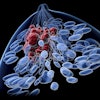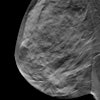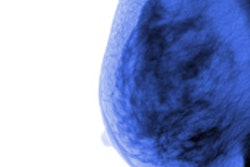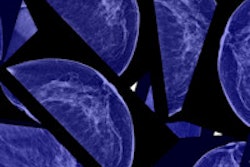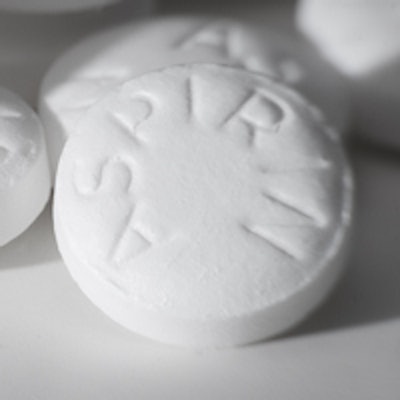
Almost half of women eligible for mammography screening have dense breast tissue, and density has been linked to increased cancer risk. But what if a simple intervention could reduce a woman's risk -- even before she gets to screening?
The humble aspirin tablet could be a worthy agent for reducing breast density and, by extension, the risk of breast cancer, according to research presented recently at the San Antonio Breast Cancer Symposium (SABCS). What's more, it's no farther than the medicine cabinet.
"Current breast cancer prevention agents have substantial side effects and do not prevent estrogen receptor [ER]-negative breast cancer," said presenter Dr. Marie Wood, an oncologist at the University of Vermont. "Aspirin is a promising breast cancer prevention therapy. It's cheap, safe, and well-tolerated, and there's strong biologic and epidemiologic evidence for a prevention effect on both ER-negative and ER-positive breast cancers."
Wonder drug?
Wood and colleagues -- including Dr. Emily Conant of the University of Pennsylvania -- evaluated the effect of aspirin on mammographic density using medical records for 26,000 women from 36 primary care and ob/gyn practices. Subjects were included if they had undergone routine screening mammography between 2012 and 2013 and had a confirmed list of their medication use. Aspirin dose was categorized as above or below 300 mg per day, and each woman's BI-RADS breast density category was taken from her latest mammogram.
 Dr. Marie Wood from the University of Vermont.
Dr. Marie Wood from the University of Vermont."Studies have shown that aspirin is associated with a reduction in cancer mortality and has also been shown to prevent colon cancer," Wood told AuntMinnie.com. "The data for breast cancer are unclear. We wanted to evaluate the link between aspirin use and breast density -- an important risk factor for breast cancer."
Of the cohort, 19.7% reported current aspirin use. Forty-one percent of the women were African-American, a group that tends to be at greater risk for ER-negative breast cancer. The mean age of the study participants was 57 years, and mean body mass index was 29.
Wood and colleagues found an independent inverse association between aspirin use and mammographic density (p < 0.001). Women who took 300 mg of aspirin or more per day had a 38% lower likelihood of having extremely or heterogeneously dense breasts. This association between aspirin use and lower density was more pronounced for women younger than 60 and for African-American women, according to the researchers.
"The effect of aspirin on density was strongest for two groups at greater risk for ER-negative breast cancer -- which is good news, especially since current [U.S. Food and Drug Administration]-approved breast cancer prevention drugs like tamoxifen only prevent ER-positive cancer," Wood said.
The study results are promising, but more research is needed, she concluded.
"Our findings suggest the need for further study of aspirin for breast cancer prevention, and support the use of mammographic density as a research end point," she said.


